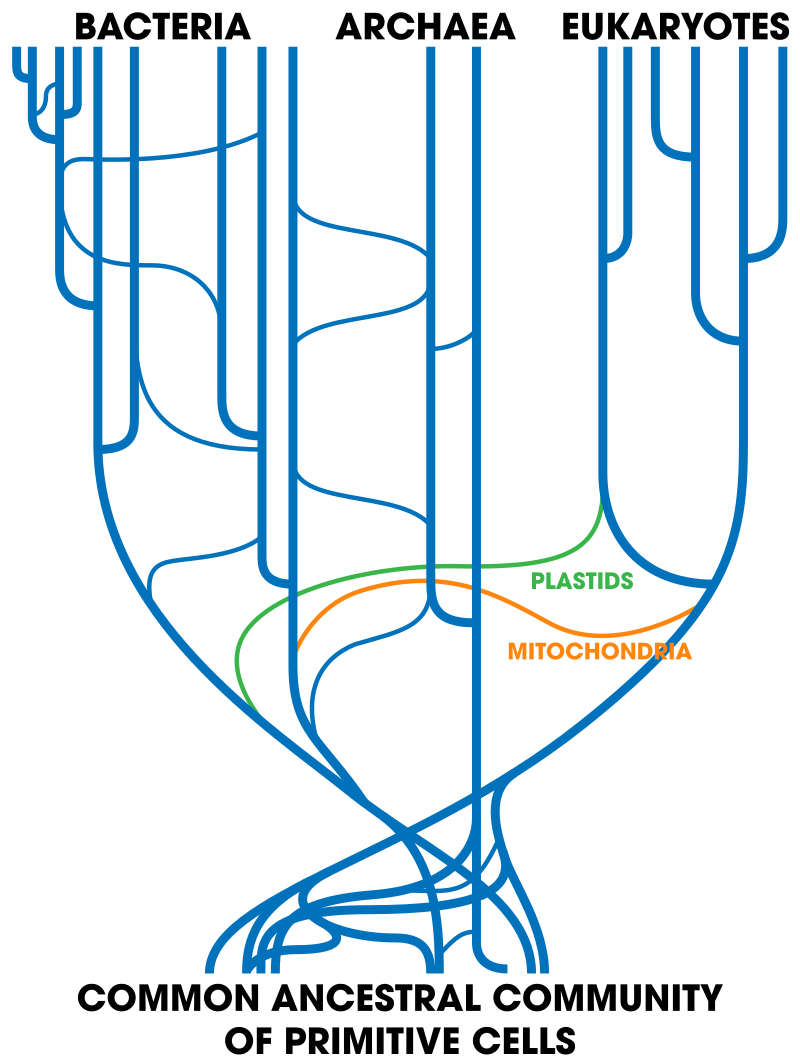
From molecular biologist Mike Klymkowsky at The Scientist
There is a pernicious temptation in science to speak authoritatively about topics that are beyond scientific exploration and certainty. This has led some theoretical physicists to advocate for a “post-empirical” form of science. That is the idea that theories need not be judged on their ability to make new and testable predictions about the observable universe, in some cases, the absence of a plausible alternative is sufficient.
…
Klymkowsky is certain that there was a single Last Universal Common Ancestor (LUCA)* but before that?
But what came before and the exact steps leading to LUCA are unknowable. Moreover, the billions of years that have elapsed since LUCA’s origin and the active nature of evolutionary processes that result in new genes “popping out” of the noise and becoming essential in organisms from fruit flies to humans, combined with the reality of structural or functional convergences, the growing recognition of small and alternative open reading frames that encode functionally different proteins, and the ubiquity of various forms of horizontal gene transfer, means that historic details and their evolutionary drivers are often obscure.
…
Forterre has made a number of points related to what we can know about LUCA. For example, while students are often presented with an implicit model of early life as essentially bacterial or archaeal (prokaryotic), this “just-so” story ignores the fact that these are highly evolved organisms, specialized for specific ecological niches with streamlined genomes. LUCA may well have been more complex than previously thought, but that tells us little about the steps leading to LUCA. More.
Klymkowsky suggests holding off on the just-so stories for students until and unless we know more, to protect the reputation of science. That’‘s wise in pinciple. But the purpose of just-so stories may be to instill in students the notion that science has the answer to questions that used to be referred to philosophy or religion (Stephen Hawking, among others, thought that was true). If so, the main thing is to have an answer or better still, a flurry of answers that keep the mill rolling. And, as long as it is funded, who’s going to complain?
It may never be possible to discover the last universal common ancestor for the same reasons as it may never be possible to discover the first human language. If we don’t look to science for all the answers, we can protect its reputation by keeping it separate from speculation, as Klymkowsky hopes.
* Note: Carl Woese (1928–2012), who first classified the archaea, doubted it was that simple but it’s a story for another day
Comment:
See also: Last universal common ancestor was “a sophisticated cellular organism”
Earliest pre-life depended on horizontal gene transfer?
and
Evolution vs common descent, universal common descent